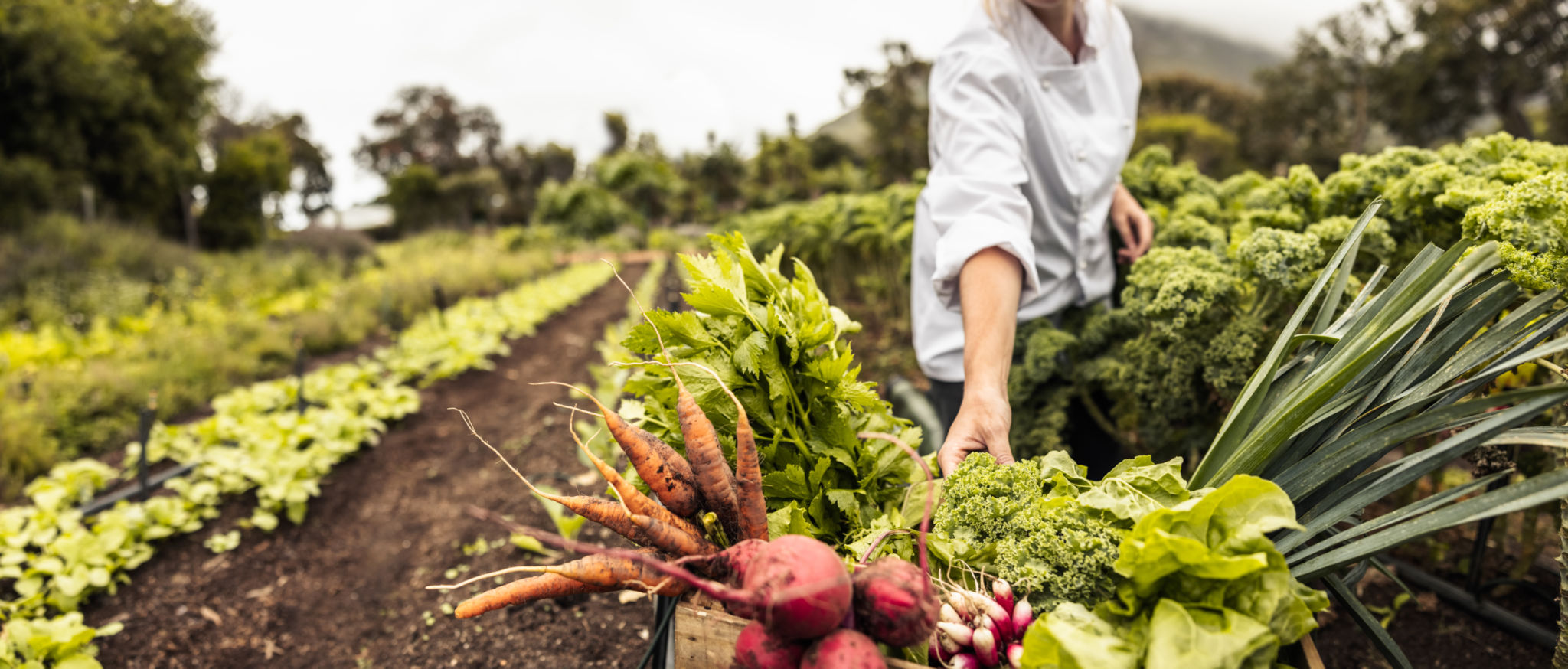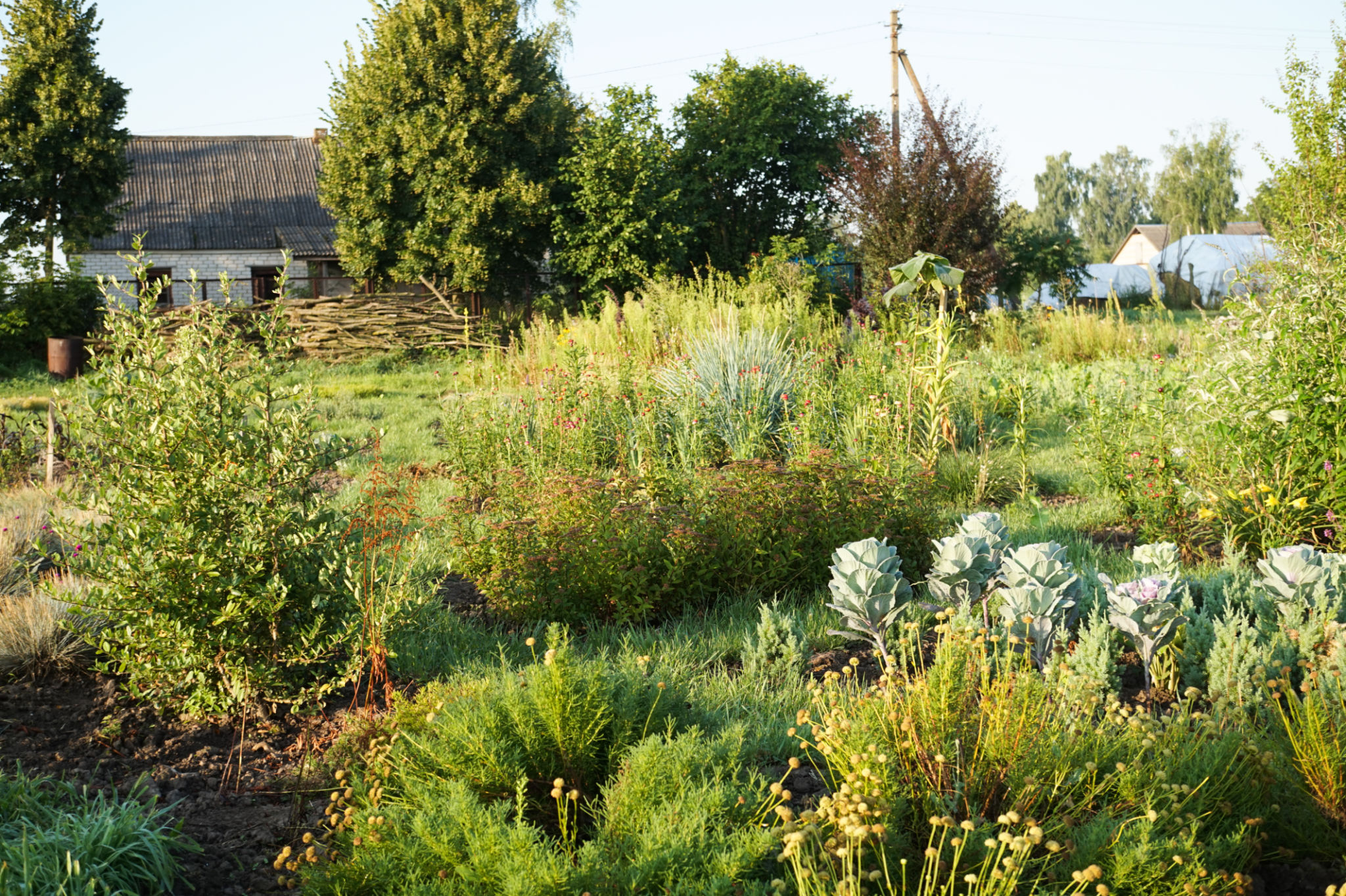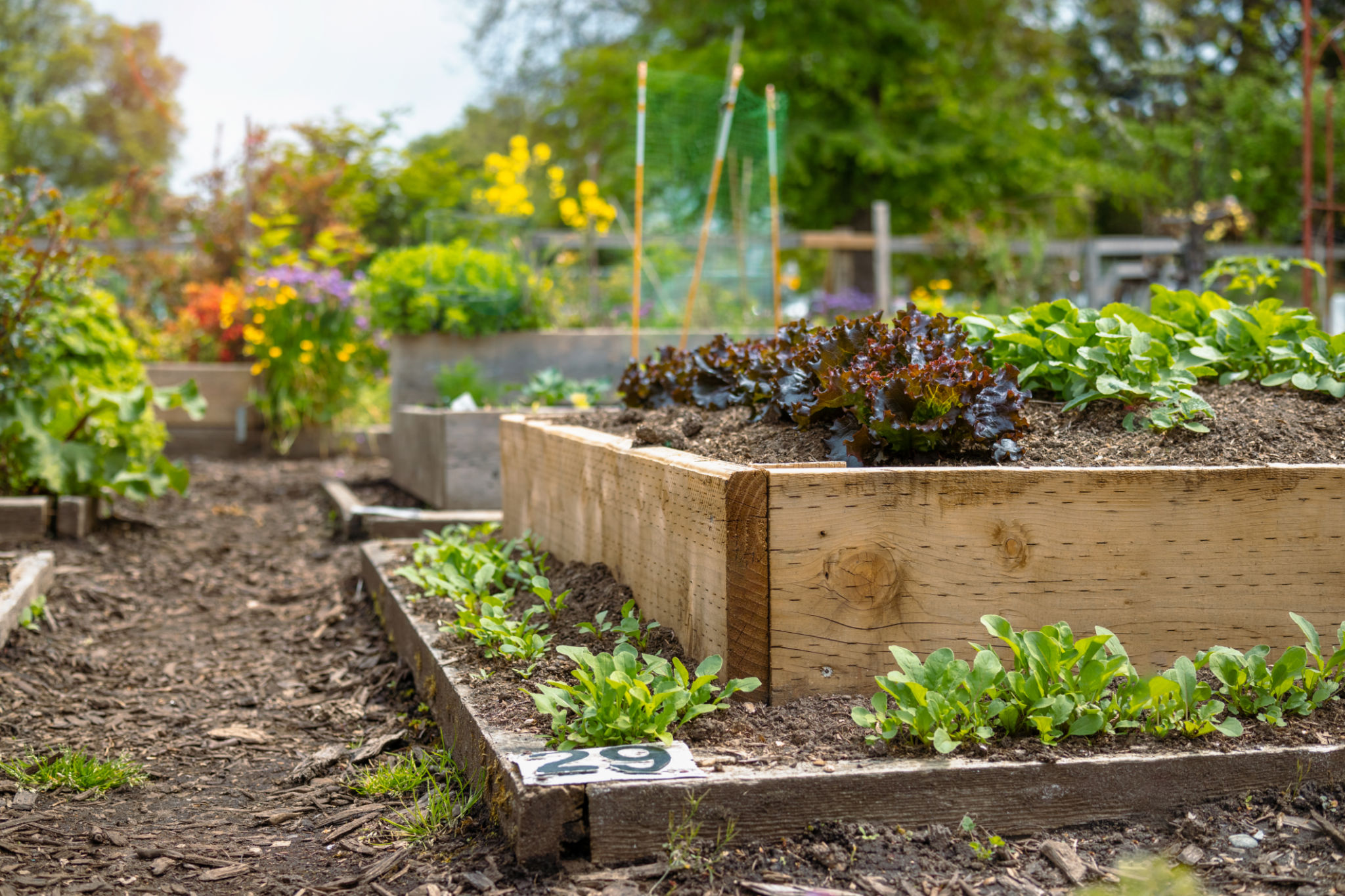Creating a Sustainable Edible Oasis: A Guide to Local Ecological Gardens in Belgium
Understanding the Concept of an Edible Oasis
Creating a sustainable edible oasis involves transforming a space into a thriving ecosystem that provides food, beauty, and habitat for local wildlife. This concept goes beyond traditional gardening by emphasizing biodiversity, sustainability, and community engagement. In Belgium, local ecological gardens are becoming popular as they embrace these principles, offering a haven not only for plants but also for people.

The Benefits of Local Ecological Gardens
Local ecological gardens offer numerous benefits. Firstly, they contribute to food security by providing fresh, organic produce. Secondly, these gardens help preserve biodiversity by supporting a variety of plant species and attracting beneficial insects. Lastly, they foster community spirit as neighbors work together to create and maintain these spaces.
Designing Your Edible Oasis
Designing an edible oasis requires careful planning. Start by assessing the space available and considering the local climate and soil conditions. Opt for native plants that thrive in Belgium's environment. Incorporate a mix of vegetables, fruits, herbs, and flowers to create a balanced ecosystem. Consider using permaculture principles to enhance sustainability.

Essential Elements for a Thriving Garden
To ensure your garden flourishes, incorporate essential elements such as:
- Compost: Recycle organic waste to enrich the soil.
- Water conservation: Implement rainwater harvesting and efficient irrigation systems.
- Pollinator habitats: Create spaces for bees and butterflies.
Engaging the Community
Community involvement is key to the success of local ecological gardens. Host workshops and events to educate and engage neighbors. Encourage participation by offering plots or organizing communal planting days. The garden can serve as a social hub, fostering connections and shared learning.

Case Studies: Successful Gardens in Belgium
Belgium is home to several inspiring examples of edible oases. For instance, the 'De Warande' in Turnhout is a community-driven project that combines art with gardening. Similarly, the 'Stadsboerderij' in Antwerp integrates urban farming with educational programs. These gardens demonstrate the potential of ecological gardening to transform urban spaces.
Challenges and Solutions
While creating an edible oasis is rewarding, it comes with challenges such as pest management and fluctuating weather conditions. Employing natural pest control methods like companion planting and crop rotation can mitigate these issues. Additionally, using resilient plant varieties can help withstand adverse weather.

The Future of Edible Oases in Belgium
The future looks promising for ecological gardens in Belgium. As awareness grows about sustainable living and environmental impact, more communities are expected to embrace the concept of edible oases. These gardens not only provide sustenance but also contribute to a healthier planet.
In conclusion, creating a sustainable edible oasis in Belgium is an enriching endeavor that enhances local ecosystems and strengthens community bonds. By embracing ecological gardening practices, individuals can play a vital role in shaping a sustainable future.
